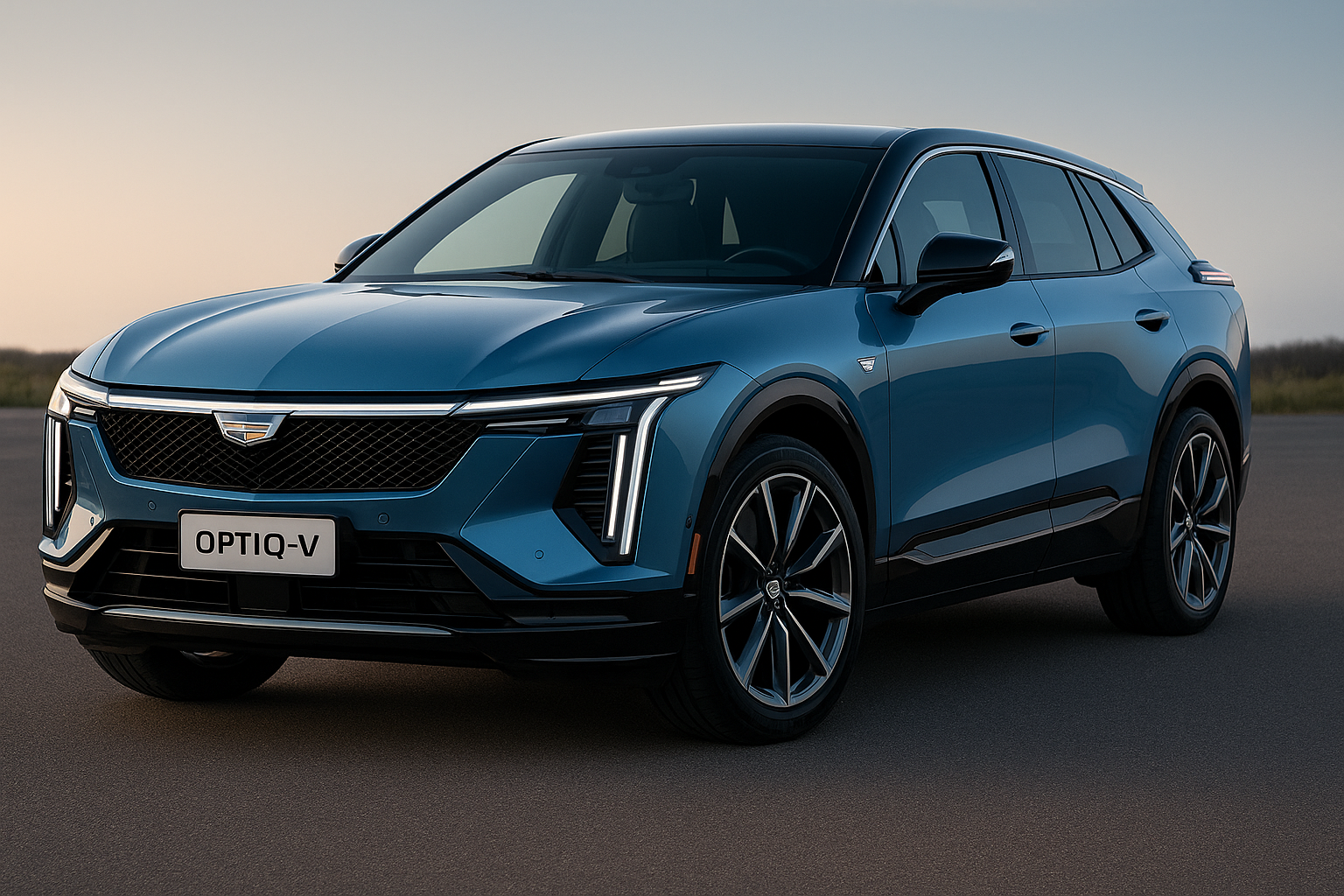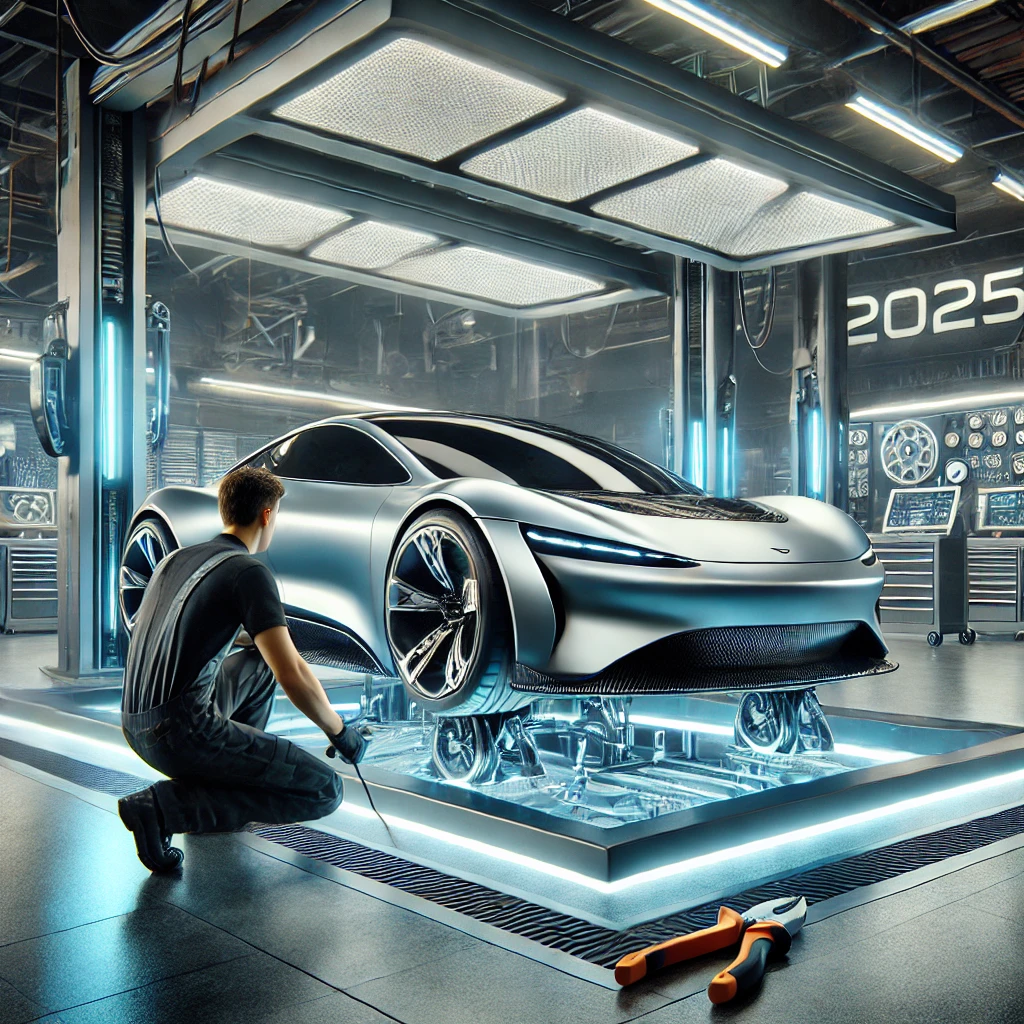FAQs
FAQs
Do you have questions about electric powered vehicles? Many of your questions are answered below.
* Electric Vehicles *
What Brands of Electric Vehicles are Available?
There are many types of Hybrid, Electric and Plug-In Hybrid vehicles either available now, or coming up in the near future. Check our models page to see a list of each model of car from each manufacturer to find the type of vehicle that suits your tastes.
What is the Difference Between Electric, Hybrid and Plug-In Hybrid?
Most of us understand the difference between a full electric vehicle and a hybrid, which uses a combination of a battery powered electric motor and a gas engine to improve gas mileage and reduce harmful emissions. So what is the difference between a hybrid and a plug-in hybrid? This page, should answer your questions succinctly.
Are “Electric Cars” and “Zero Emission Vehicles” the Same Thing?
All 100% electric vehicles are zero emission vehicles. Hybrid vehicles operate on a combination of gas and electric, and are considerably lower emissions than the average gas-powered vehicle.
Didn’t Electric Vehicles Die an Early Death; Aren’t They Just a Fad?
Yes, they did die an early death. In fact, the 2006 documentary “Who Killed the Electric Car?” asserts that they were in fact murdered!
General Motors was the first American company to produce the modern electric car. It was called the EV1. You may remember that many celebrities, including Tom Hanks, and Alexandria Paul often talked publicly about the fact that they owned one and used it to get around town.
The documentary “Who Killed the Electric Car?” chronicles the short life of the EV1, the events that led to it’s demise, and how former owners felt about it. One of the first things the documentary addresses is that the cars were never available for purchase, rather, consumers were limited to a lease option. When the lease was up, owner’s were not given the option to buy. This infuriated the majority of owners who had become attached to a vehicle that they believed to be efficient, environmentally friendly, and a pleasure to drive. The documentary ends with the owners banding together to raise several hundred thousand dollars to buy their cars back, and absolve GM of any future liability. GM refused their offer.
One of the reasons General Motors had given for their decision to erradicate the EV1 was the general public’s lack of interest in the vehicle. Exactly how many vehicles they would have needed to sell to make the project more cost effective is not readily known. It is of note, however, that despite having to go through a lease process that many have have referred to as an abnormal “hassle”, 5,000 people were on the waiting list for an EV1 when General Motors made the decision to pull the plug.
So what reasons do we have to believe that this time the electric car is here to stay? Whatever the reasons for the demise of the electric car of the 90’s, one thing is sure: the electric car has come back with a vengence! There are currently dozens of different electric and hybrid vehicles being offered world wide by leading car manufacturers. This list includes BMW, Honda, Toyota, Lexus, Mercedes Benz, a new high profile company, Tesla, devoted entirely to electric vehicles and more. This is no mere fad, and with one country after another adopting emissions resolutions, the push for electric cars is only increasing.
Increasing as well is the efficiency of these vehicles, which only adds to their appeal. Companies like Tesla have made it possible not only to use your electric vehicle for daily commutes, but also for extensive road trips, without it being necessary to search for a charging station.
The technological advances, the keen interest shown by the auto industry as a whole, and the solid backing that is being given by governments across the world, shows us that electric vehicles are no dubious venture. They are a force to be reckoned with. In fact, a new documentary was created by the same team as the one mentioned earlier. The new documentary is entitled, “Revenge of the Electric Car”.
Can I Convert My Existing Car into an Electric, or a Plug-In Hybrid?
Yes. There are companies that specialize in converting gas engine cars to electric. Even your old classic could potentially be converted.
Are Electric Vehicles Available in My Area?
While 100% electric cars are still gaining in popularity, there are opportunities to see, and even test drive, some of the more popular ones in a location near you. For example, Tesla currently has over 200 locations.
Some 100% electric car manufacturers even make it possible to have cars delivered, if there is no location nearby.
I Want a Hi-Performance Car. Would I Want to Buy an Electric?
PLUG-IN MOTORWERKS is built for people like you.
Although we create information on all makes and models of electric and hybrid vehicles, our focus is hi-performance electric vehicles. We feel that the introduction of cars like the Tesla Model S and the LaFerrari prove that the benefits of an electric car (like 100% of your torque right from the zero line) match the needs of the hi-performance enthusiast.
* Battery Questions *
What Types of Batteries are Available for Electric Vehicles?
Automobile manufacturers have identified three types of rechargeable battery that are considered suitable for use in electric cars; lead-acid, nickel metal hydride, and lithium ion.
- Lead-acid batteries are the oldest form of rechargeable battery still in use. They’ve been used in all types of cars and usually contain a mild solution of sulfuric acid in an open container. The major advantage of lead-acid batteries is that, after having been used for so many years, they are well understood and cheap to produce. However, they do produce dangerous gases while being used and, if the battery is overcharged, there is a risk of an explosion.
- Nickel metal hydride (NiMH) batteries have been used widely for about twenty years. They have a high energy density and don’t contain any toxic metals, so they’re easier to recycle. These batteries have been used, or are currently being used in the General Motors EV1, Honda EV Plus, Ford Ranger EV and Vectrix scooter. Hybrid vehicles such as the Toyota Prius, Honda Insight, Ford Escape Hybrid, Chevrolet Malibu Hybrid, and Honda Civic Hybrid also feature these batteries combined with a gas combustion engine.
- Lithium-ion (Li-ion) batteries, which have been actively used for about ten years, have a very high energy density and are less likely than most batteries to lose their charge when not being used. Because of their light weight and low maintenance requirements, lithium-ion batteries are widely used in laptop computers. Some experts believe that lithium-ion batteries are close to perfect when it comes to designing a rechargeable battery, and the best candidate for powering electric cars. A variation on lithium-ion batteries, called lithium-ion polymer (Li-poly) batteries, may also prove valuable to the future of EVs. These batteries have the potential of costing less to build than lithium-ion batteries. At present lithium-ion polymer batteries are inconveniently expensive, but that is quickly changing. High profile companies are seeking ways to manufacture these batteries with much higher volume and lower cost.
Do Electric Vehicle Batteries Wear Out Quickly?
Car batteries are an expense that was not given much consideration up until the introduction of EV’s. Now, more than ever, consumers are concerned with the potential costs and inconvenience of replacing batteries that are not only expensive, but come in large quantities. The ultimate question is: how does battery life in electric vehicles compare to the life of a gas powered engine? Would replacing batteries be an expense comparative to, for instance, a transmission? First, let’s examine the potential life span of a battery used in electric vehicles.
In real world use, some fleet Toyota Rav4 EV’s, using nickel hydride batteries, have exceeded 100,000 miles with little degradation in their daily range, pointing to the very strong likelihood of a 130,000 to 150,000-mile Nickel Metal Hydride battery and drive-train operational life. Also, recently the first Tesla Model S exceeded 100,000 miles and is still going strong. Electric vehicles can therefore match or exceed the lifecycle miles of comparable gas engine vehicles.
An electric company, SCE, has been using electric vehicles since 2003 in it’s daily operations such as meter reading, field representation, service planning, mail handling, and security patrols and carpools. It’s obvious to many familiar with these vocations that the wear and tear on a vehicle when performing some of these tasks is much greater than simple highway driving, yet SCE is so impressed with their durability, their plan is to continue using them well after they have all logged 100,000-miles. If you have an issue with your battery early on, remember that most vehicles come with a factory warranty on the battery of around 8 years/100,000 miles. Check with your dealer for the particulars on the model you are considering buying.
The second thing to address is how much does it cost to replace the batteries once they wear out and are out of warranty? Currently, batteries are by no means cheap! A replacement battery on an electric car can cost anywhere from about $1,000 (USD), to a more common figure of around $6,000 (USD). If this is a concern for you, it’s something to consider when purchasing a used EV or Hybrid that’s high in miles.
A positive thing to keep in mind is that due to the rate that battery improvements are being made, at the time batteries finally require replacing there may be better and less expensive battery options available. There are also companies that sell used Prius (and most likely other brands), electric car parts including batteries, which not only supports the environment but also may save you a considerable sum.
Are Electric Vehicle Batteries Dangerous?
Many wonder how an increase in lead batteries could affect the health of persons riding in an electric car. This has raised the question: are electric vehicles bad for your health? Some studies are currently being conducted, however because hybrid and electric vehicles are relatively new there is no conclusive evidence to support nor deny the effect that electric vehicles may have on one’s health.
Fortunately, quite a bit of research has been done on the batteries themselves, since lead batteries have been around for decades, and lithium ion began the experimentation process in the 1980’s. Even more research has been conducted in recent years to assess the impact of the increased demand for batteries, as well as to assess new battery technologies which have recently been introduced not only to our vehicles, but also our laptops, and cell phones. The most common of these newer battery types are nickel metal hydride and lithium ion.
It’s been long established that lead is extremely toxic, yet we’ve used lead in everything from batteries, to jewelry and even some dishes for around a hundred years. This fact supports the idea that when it comes to the use of lead, and other battery options, it’s more about how it’s contained, what it’s mixed with and how it’s disposed of. Environmental Defense, in a report from 2003 noted that the toxicity of lead, nickel hydride, and lithium ion greatly depends on what materials are combined with them. For instance, if a battery were to be made with lithium ion but also contains cobalt, this could be an environmental problem. So if you would feel more comfortable knowing exactly what’s in your batteries, by all means find out!
It may also help allay your fears to know that the European Counsel, as well as many other organizations, have sought, and are continuing to implement, regulations for the production of batteries to ensure their safe use.
According to reports by the World Health Organization, many European countries, as well as the United States, have adopted resolutions to greatly increase their nationwide use of hybrid and electric vehicles. These countries feel that overall, it is a healthy and necessary step.
Top
* Charging the Vehicle *
How Long Does an Electric Vehicle Last on a Charge/Can I Take a Long Trip?
EVs using lead-acid batteries have the shortest range of around 80 miles on a single charge. Nickel Hydride batteries perform better, with a range of about 120 miles per charge. Lithium-ion batteries last considerably longer, with a potential range of more than 220 miles per charge. The range of an EV can be extended even further with a technology known as regenerative braking, which uses the kinetic energy of the car’s brakes to recharge the battery as you drive. Under optimum driving conditions, regenerative braking can extend the car’s range up to 50 percent, this is how some of the newest model EV’s are able to boast 300 miles on a single charge! Some vehicles even provide the possibility to change out batteries to increase the distance you can travel in the case of a long trip. One vehicle that allows for this option is the Tesla Model S, featured on our models page.
What Efforts are Being Made to Create Charging Stations Countrywide?
Manufacturers of electric cars are building charging stations at a rapid pace. Tesla Motors, the maker of the all-electric Model S, has put in hundreds of charging stations and made a deal with a major hotel chain to have recharging stations available for patrons who want to recharge overnight. The U.S. Government is also making strides in this direction. The Electric Transportation Engineering Corporation is scheduled to receive close to 100 million in federal stimulus funds to study electric vehicle usage in Washington, Oregon, California, Arizona and Tennessee. The goal of the project is to deploy EV charging stations and analyze the use of the stations and EVs with a view to widespread adoption through out the country. Exciting things are underway for EV enthusiasts.
How Quickly Can You Charge an Electric Vehicle?
As with most other factors, the charge time for an EV varies wildly based on the model of car and the type of outlet you are using to charge the vehicle. One thing to keep in mind is the difference between the time for a full-charge and a partial charge. What does this mean? Many cars will list that it takes 5-8 hours for a full charge, but it only takes 15-20 minutes for an 80% charge! So a full charge could be done overnight, while partial charges could be done anytime you make a bathroom break on a long trip, as long as there is an appropriate outlet available.
Do You Need a Special Outlet to Charge Your Vehicle?
Some EV models require a specific outlet, however most do not. A simple three pronged garage plug will work. You could also potentially use a simple adaptation to be able to plug it into any outlet. The outlet and plug you use could affect the amount of time it takes to fully charge the vehicle, so be sure and find out ahead of time what set up will work best for your needs.
Top
* Financing Your Auto *
Are Government Programs Available to Help Me Purchase an Electric Vehicle?
Yes! In the United States, specific programs vary from state to state and by car model. If you are a US Resident, and interested in a tax break, you can visit the Department of Energy’s page in order to see what is currently available for hybrids, plug-electrics and even conversion kits.
Are Electric Cars More Expensive?
If you were to look at something like the Nissan Altima versus the Nissan Altima Hybrid, you would notice that the initial cost of the Hybrid is more. This can also be true of 100 percent electric vehicles, but when we consider ALL the factors, things look a bit different.
- First, buying electric may come with several tax advantages. Check with the U.S. Department of Energy and your state of residence to see what tax breaks are available.
- Besides the immediate tax advantage, consider the overall savings in fuel. Depending on how much you drive, you could save anywhere between two-thirds the cost to fuel a gas engine to one-tenth of the cost it takes to fuel a gas engine. It pays to do the numbers, and figure out what your personal gas savings would be.
- Lastly, consider the fact that 100 percent electric vehicles require no oil changes, no tune ups, and costly maintenance would be considerably reduced.
With all these factors considered, many have come to the conclusion that electric cars fit their budget perfectly.
Top
* The Environment *
Are Electric Vehicles REALLY Better for the Environment?
Much can be said on this subject. Electricity is frequently generated through the use of coal, which has raised some questions as to whether electric cars are really better for the environment. As the demand for more electricity increases some reason, won’t the demand for coal also increase? This is a valid concern, that deserves a reasonable answer. It is true that coal is used to produce electricity, and that the demand for electricity could increase a demand for coal. One thing to keep in mind, is that coal is not the only source from which we can generate electricity.
Currently, nearly thirty percent of electricity is generated by natural, environmentally friendly, alternatives to coal. Due to recent economic stimulus packages, much is being done to increase the feasibility and accessibility of these eco-friendly processes. Water can be used to generate electricity, as well as wind, solar panels, and natural gas. As to what the future holds in terms of electricity, we do not know. What we do know, is that the potential to limit the use of coal in the process of generating electricity is viable, and that steps are currently being made to ensure the success of this environmentally friendly goal.
Any Other Reasons to Buy an Electric Car Besides Helping the Environment?
Yes! There are many reasons to buy an electric vehicle, besides helping the environment.
For one, purely electric vehicles do not require any fuel, so no more worry of inhaling your vehicles gas fumes, and no more expensive fuel stops. The cost of electricity pales in comparison to the cost of fossil fuel, with some electric vehicles costing less than $1 for a full charge. Also, electric cars have fewer moving parts, which means less maintenance costs, and less chance of things going wrong. Because they run on electricity rather than fuel, they don’t require oil changes either. This alone results in an average savings of about $120-$150 per year. You can then add to this the other, more costly maintenance that is not necessary for an electric car owner. Many consumers also like the peaceful serenity that the quiet electric engine provides. With no shifting necessary, some have likened the electric vehicle to a futuristic feeling of swiftly gliding through space.
Top
* Our Site *
What is the Purpose of PLUG-IN MOTORWERKS?
We are here for you! We are here to answer your questions, provide information on the latest models/events in the world of electric/hybrid vehicles, and we provide a premium location when you wish to buy or sell your vehicle. Although our focus is on hi-performance electric vehicles, we are happy to provide information on the many diferent varieties of vehicles available to the public.
I Have an Electric/Hybrid Car to Sell. Who Do I Talk To?
PLUG-IN MOTORWERKS would be glad to help you sell your electric or hybrid vehicle. Please fill out the questionnaire to begin the process.
I Love Classic Cars! What About Me!?!?
Don’t worry! We love classic cars as well. In fact, our sister sites focus on classic cars, DynamicMotorsports.com, Shelby-Cars.com and ClassicMustang.com. Classic cars aren’t going anywhere anytime soon, and if you are looking for a classic look, but a cost-efficient, eco-friendly ride, there are companies working on solutions right now.
Top




